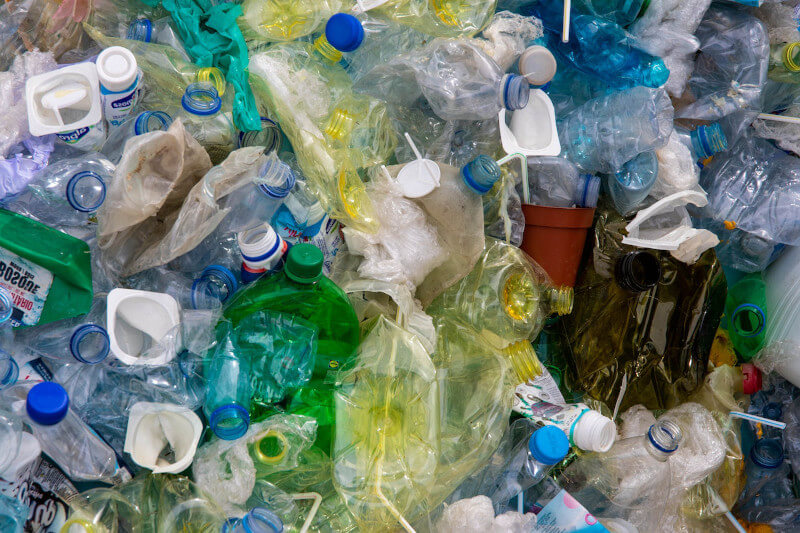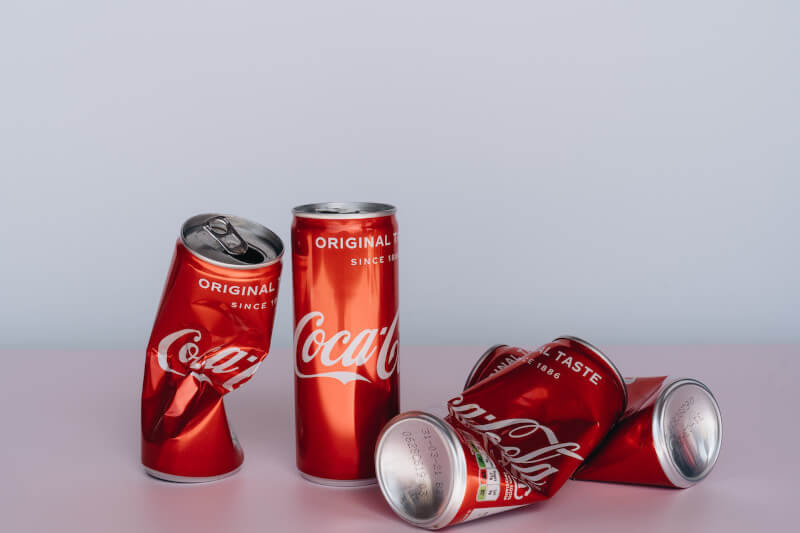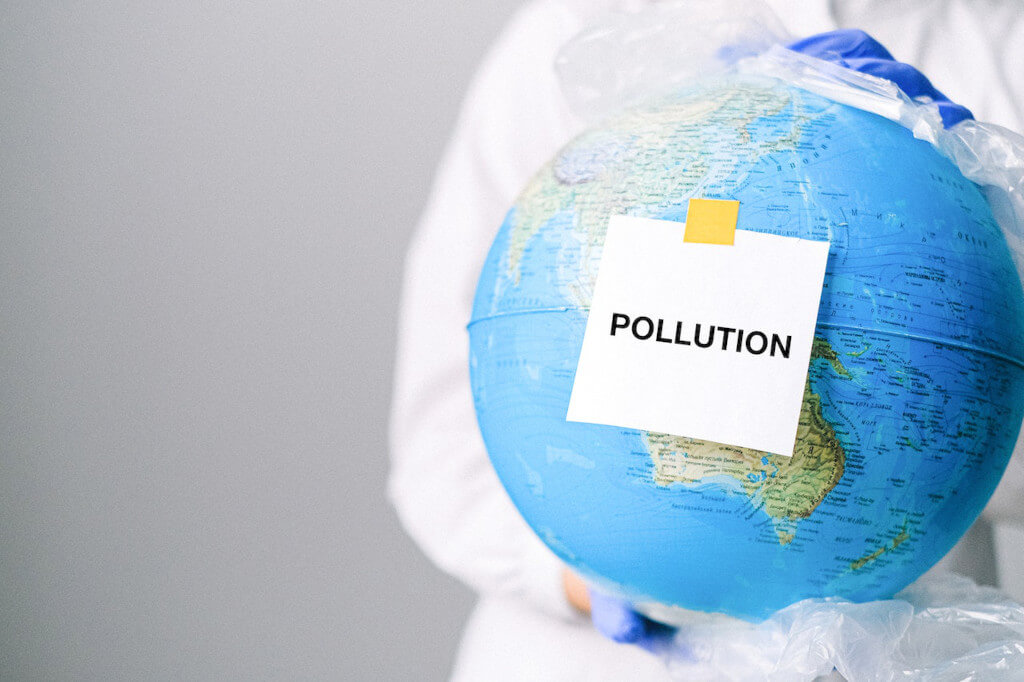The recovery and recycling efforts of the South African plastics industry are having a negative effect on the increase of plastic waste in the environment. This is demonstrated by the quantity of plastics recycling refuse that is already being conducted in the country, albeit off of a low base, as well as the efforts that are geared toward maintaining our bodies of water to be free of plastic litter.
Anton Hanekom, the Executive Director of Plastics SA, stated that over the past 10 years, there has been a 35% upsurge in the utilization of recycled material in plastic products and that this will continue to be a big motivation for the industry moving forward. Up to 43.7 percent of the plastic goods that are manufactured within the borders of the nation are recovered for reuse or recycling. The value chain for recycling in South Africa is lengthy, which results in additional costs and the loss of materials at various stages. At the end of the day, we can recycle as much as 22 percent of the plastic waste that goes through this process. This is significantly higher than the average in many countries around the world.
Higher Demand Due to the COVID-19 Pandemic

Because of the high demand for health and sanitation goods during the COVID-19 pandemic, there has been a noticeable increase in the number of products that are packaged in plastic in the country. This was especially true throughout the year 2020 when very stringent measures were put into place to prevent the virus from spreading further. The plastics industry went from accounting for 17% of manufacturing overall gross domestic product (GDP) by number before the pandemic’s outbreak to accounting for 20% of GDP by the number after the pandemic. Intake of plastics products in South Africa is approximately 24 kilograms per citizen but jumps to 29 kilograms when recycled content is included in the calculation.
According to Douw Steyn, who serves as the Sustainability Director of Plastics SA, the industry is making significant efforts to improve its reputation in light of concerns regarding the impact that waste plastic has on the environment and societies. The quantity of waste plastic that finds its way not only onto beaches but also into the oceans is a source of particular concern. “Research has shown that land-based waste accounts for 80 percent of the litter that can be found on beaches and in oceans. “For this reason, we have started up several initiatives that are geared toward keeping our country’s river-catchment areas clean of plastic waste,” says Steyn. “We are doing this because we care about the environment.”
Active Projects
Plastics South Africa’s projects in these areas include waste management and recycling, as well as education, training, and consciousness, and they are carried out in close collaboration with all key parties, including the different levels of government, Producer Responsibility Organizations (PROs), and teachers. In addition to that, there will be campaigns to clean up the area, which are the absolute last resort.
Inkwazi Isu, located on the southern coast of KwaZulu-Natal, is an excellent illustration of such a project. Fish Eagle is referred to as Inkwazi Isu in isiZulu. The project was given the name Fish Eagles after the return of fish eagles to different catchment areas in the region following the implementation of various interventions to keep those catchment areas clean. Following a flash flood that left behind tons of plastic litter on beaches, the program was initiated in response to the problem.
The KZN Marine Waste Network South Coast is the organization in charge of coordinating it. They were established by several different stakeholders. It collaborates with participants from the industry, including Coca-Cola Beverages South Africa, Sasol, Petco, and Polyco, as well as the Polystyrene Association of South South Africa, Plastics South Africa, and local community representatives.
The Impact of Coca-Cola Beverages

The smaller pieces of plastic that couldn’t be accumulated by hand were collected with the help of a beach rake that was mounted on a Unimog that was sponsored by South Africa. The Clean Surf Project, which is a community-based non-governmental organization, is in charge of its operation (NGO). Sasol provided funding for the Baseline Study, which aimed to quantify the issues and determine the necessary interventions to address them. These interventions included education, collection at the point of origin, recycling, and the cleaning up of river basins.
Noticeably, local unofficial recyclers, small businesses, and non-governmental organizations (NGOs) have also been given the ability to help change mindsets regarding used plastics to encourage more recycling.
Simultaneously, the Extended Producer Responsibility (EPR) initiative is making headway in its efforts to redirect plastic waste away from South Africa’s landfill sites. This conforms to the Section 18 Regulations that were just recently published by the National Environmental Management: Waste Act on November 5, 2020. EPR is now a requirement for all packaging manufacturers and importers thanks to the new regulations, which went into effect on May 5th, 2021.
How Does This Impact Manufacturers?
It alters how manufacturers, owners of brands, retailers, and importers design, produce, sell, and retain their products in the recycling loop to the greatest extent that is practically possible. An Environmental Protection Agency (EPR) fee must be paid on a per-ton basis by any business or brand that manufactures or imports any kind of plastic wrapping for distribution purposes. The state has set stringent goals for annual recycling and collection that need to be accomplished within the following five years. These goals must be met.
Even though the new regulations have already taken effect in their entirety, the sector is still waiting for Barbara Creecy, the Minister of Environment, Forestry, and Fisheries, to give her blessing to the suggested fees that producers will be required to pay to the PROs.
Chief Executive Officer of Packaging SA Shabeer Jhetam prompted plastic manufacturers to pay their fees, notwithstanding these hold-ups, noting that they will either be credited or debited based on the information received from Minister Creecy.
“The Minister has taken note that till such time that the sector has gained consensus, producers are required to pay their fees to adhere to the laws that are currently in place. The fact that many production companies are currently delinquent on their payments will have a negative impact on the PROs, as they will be unable to meet their targets and fund the various EPR schemes they have in place because of this.





